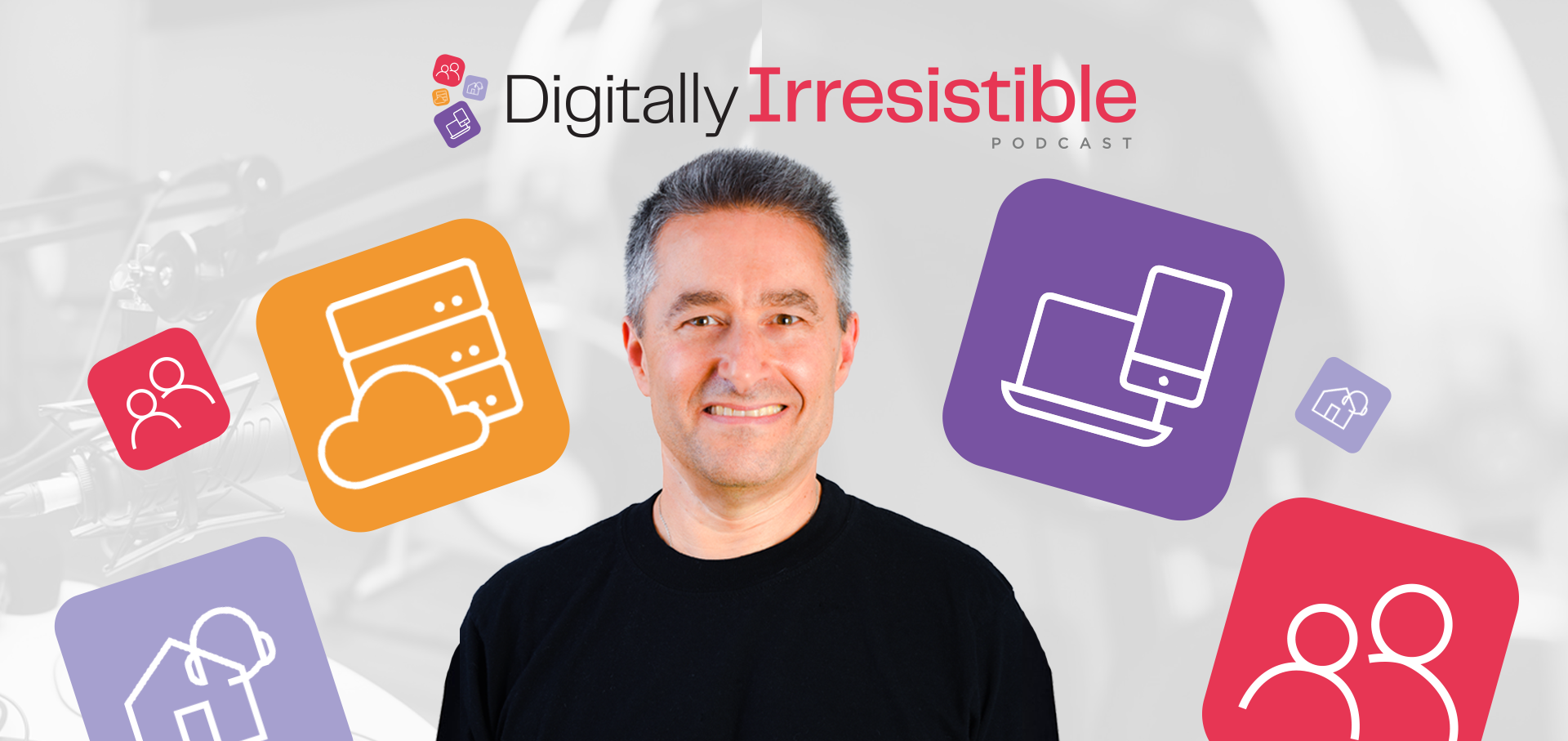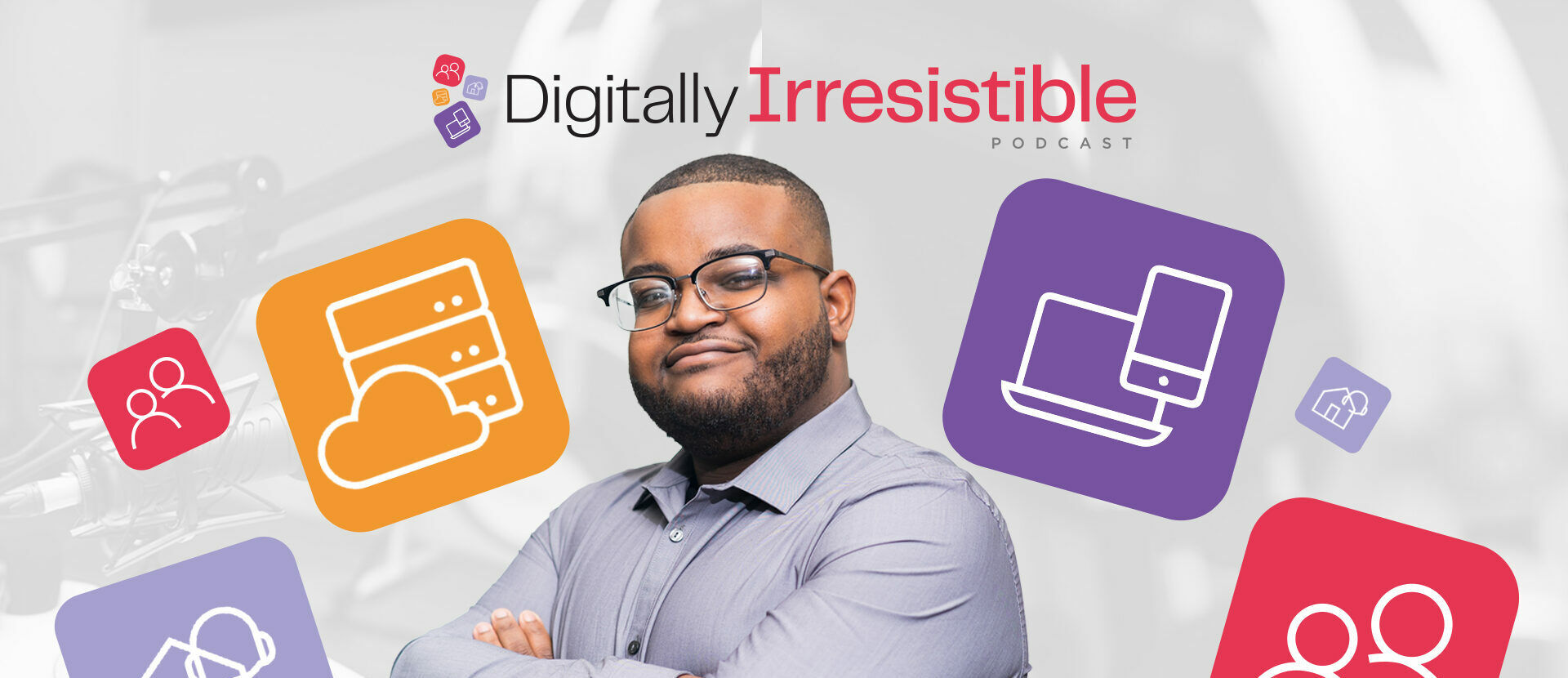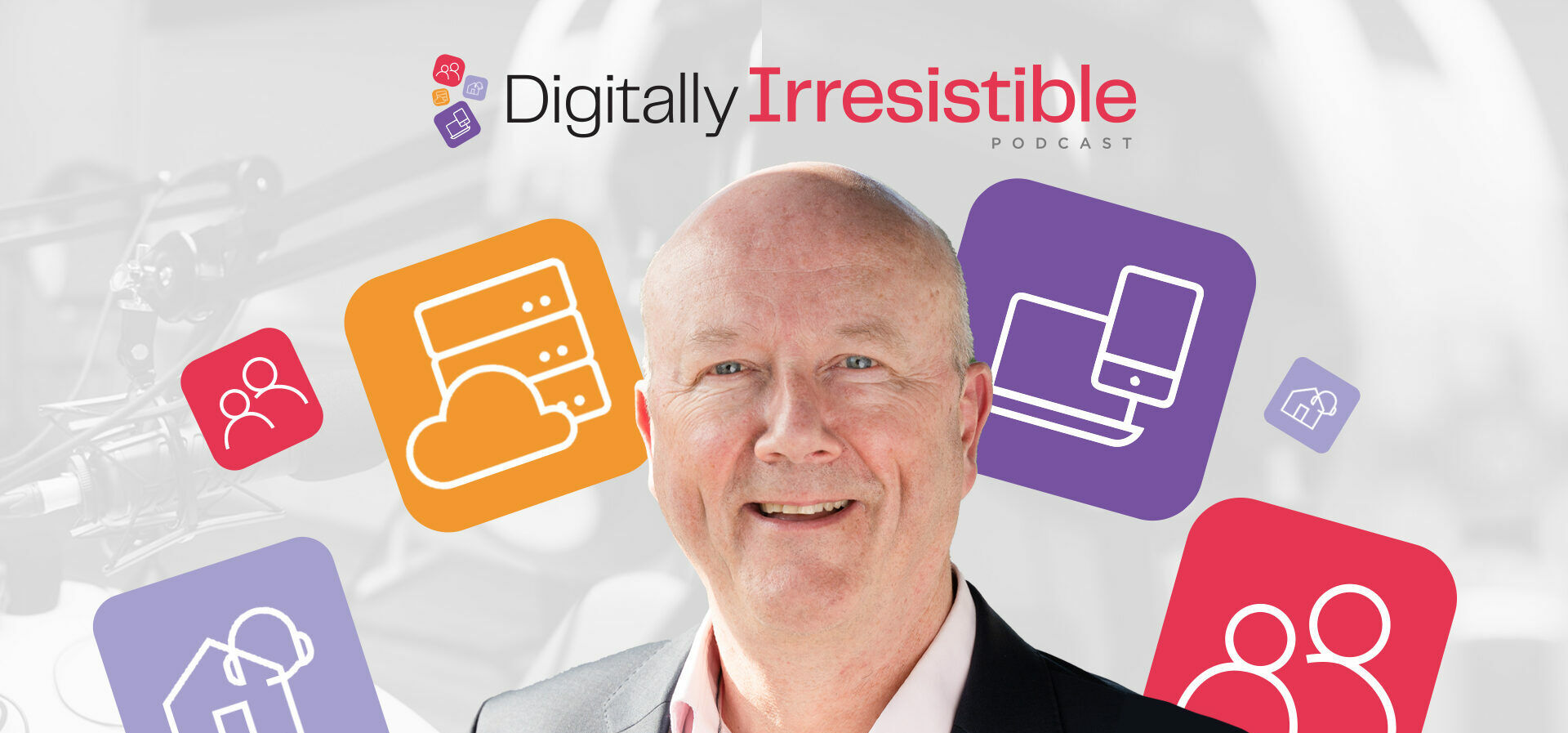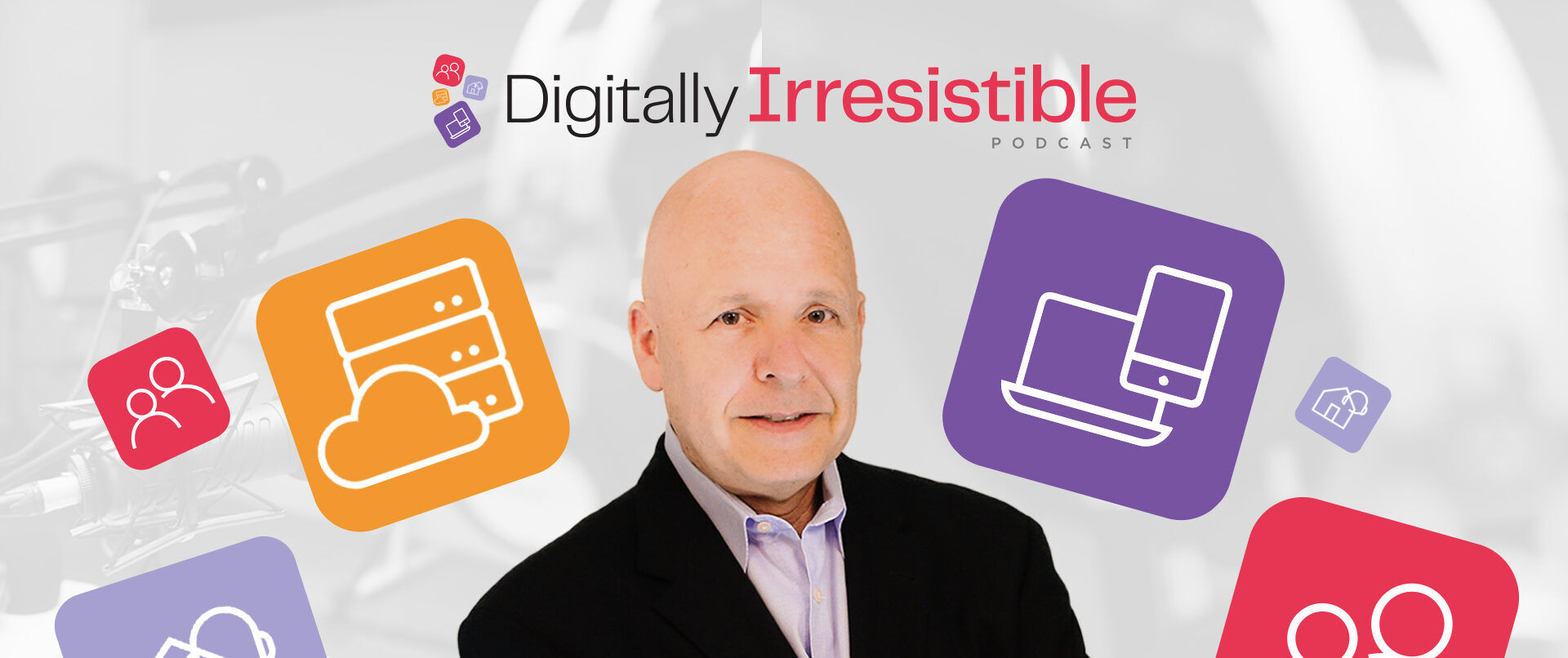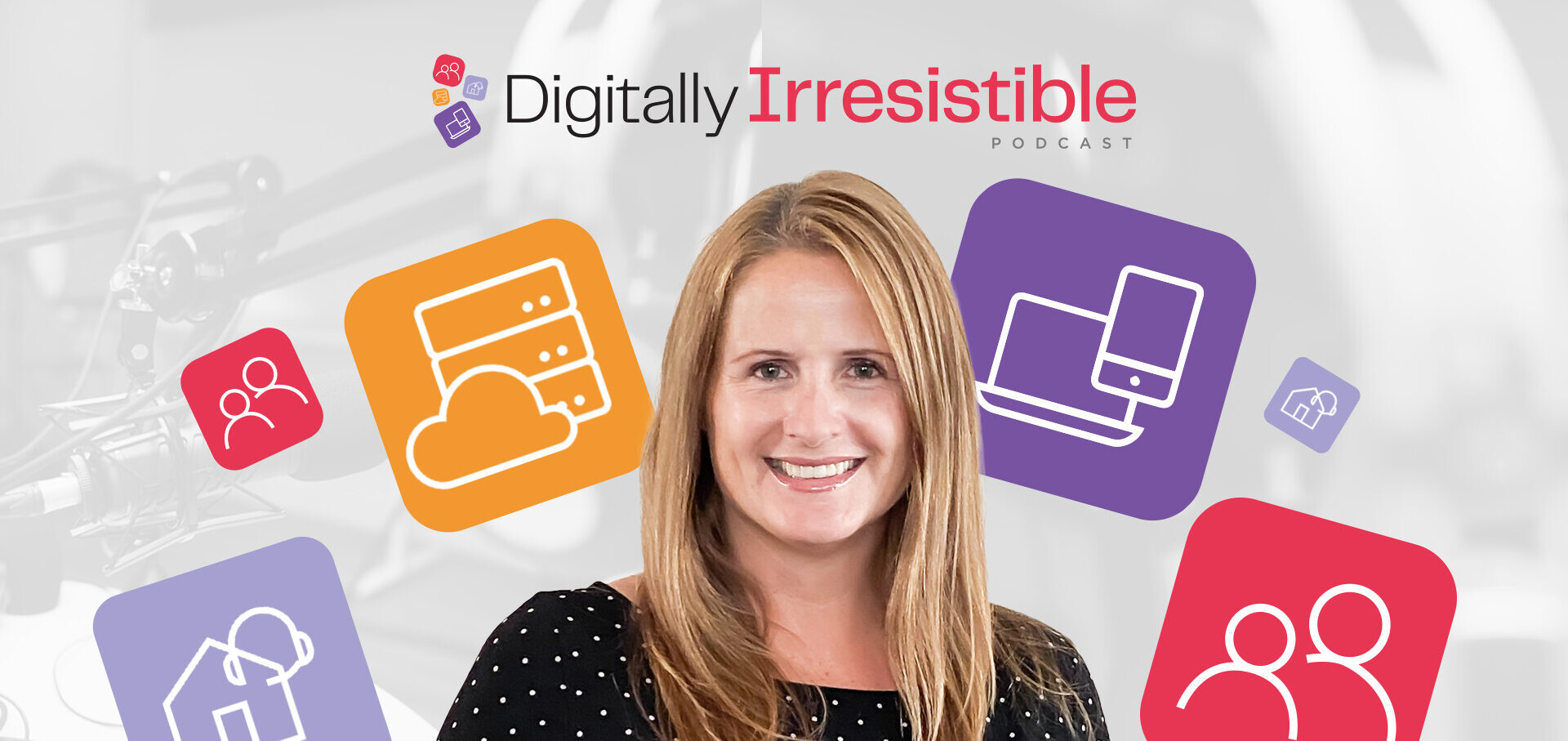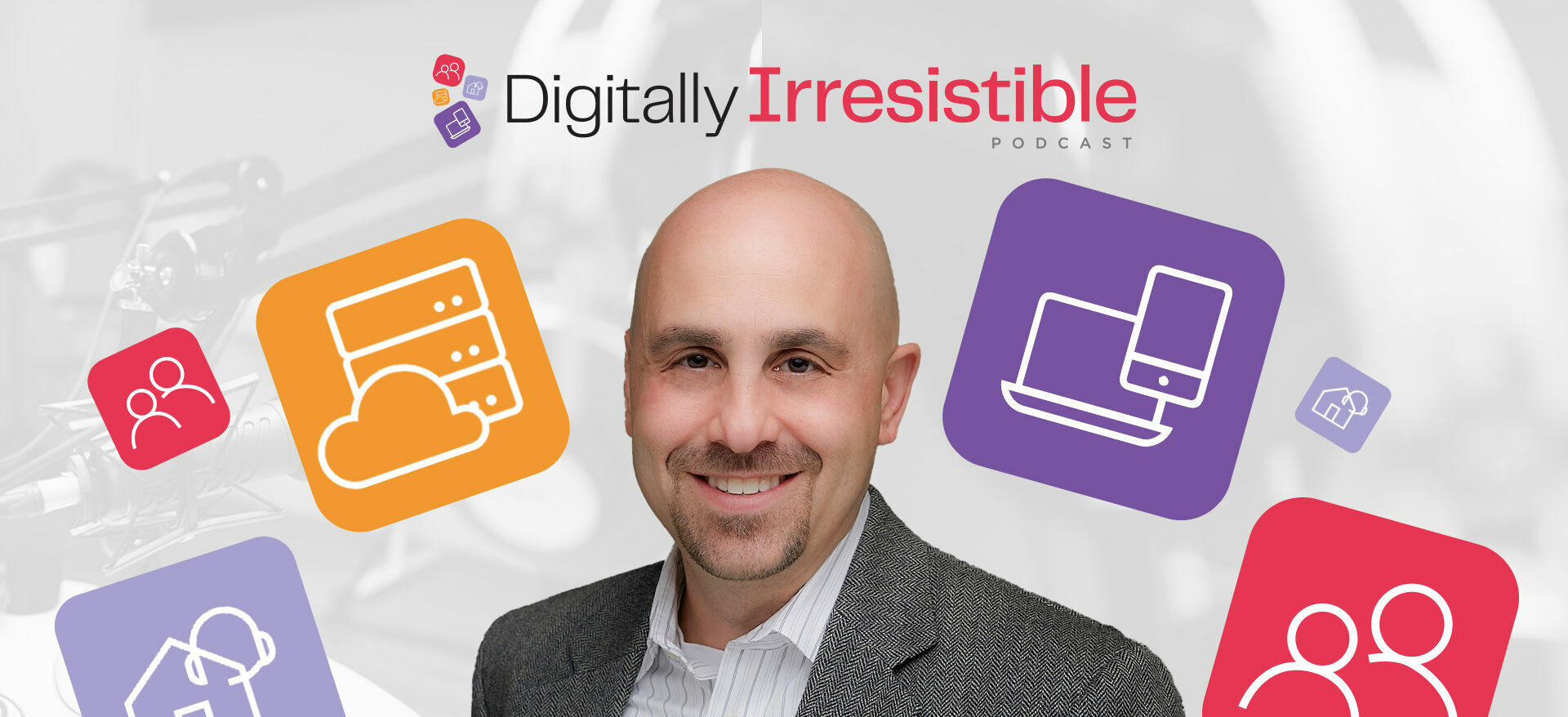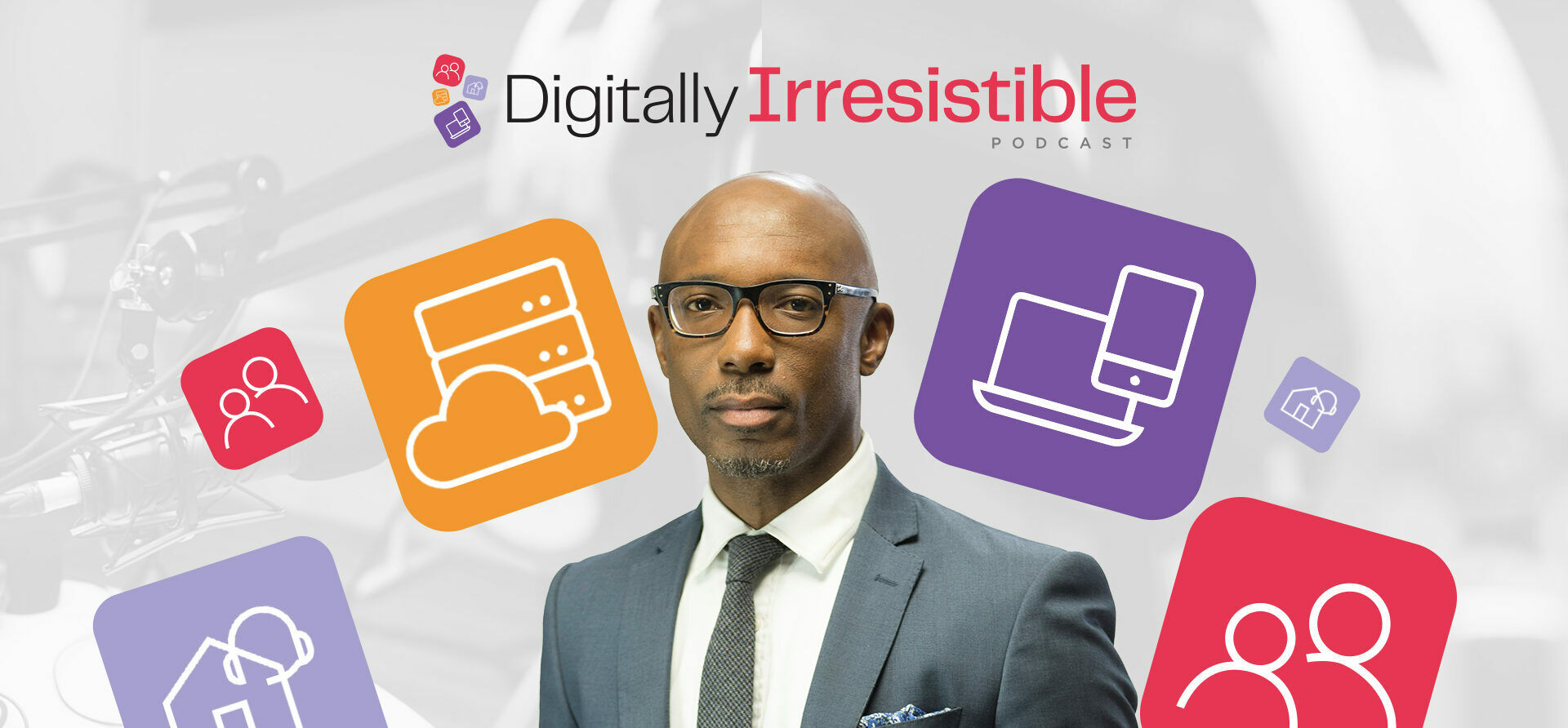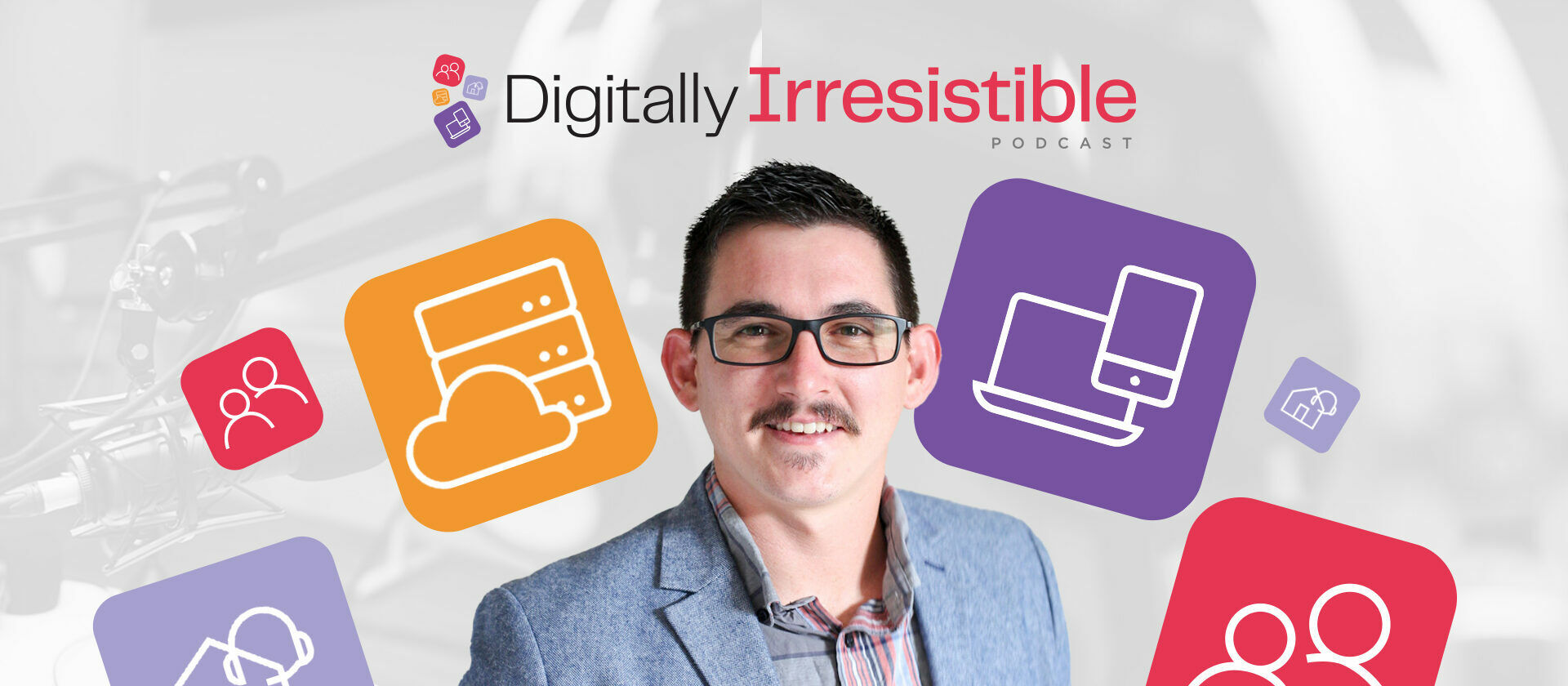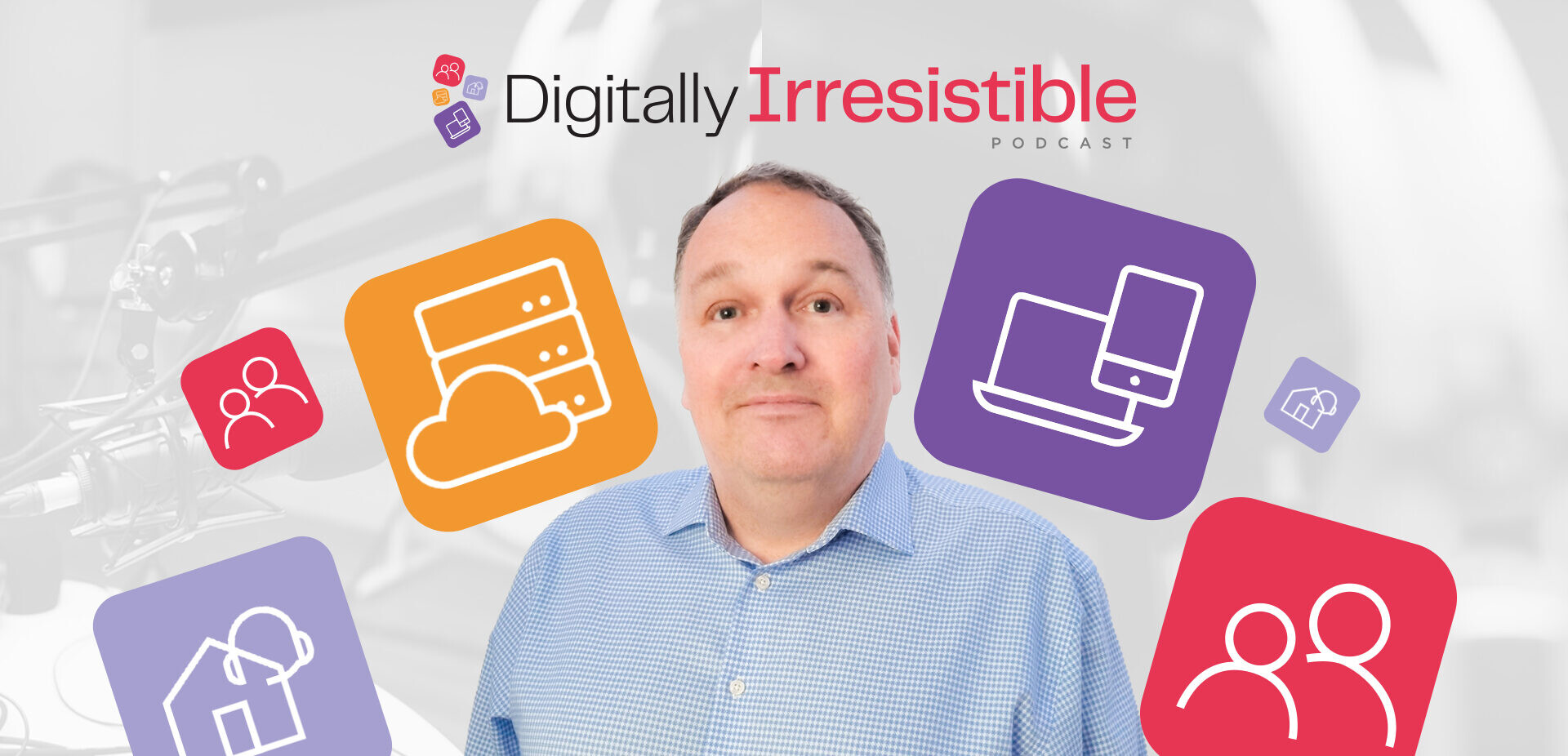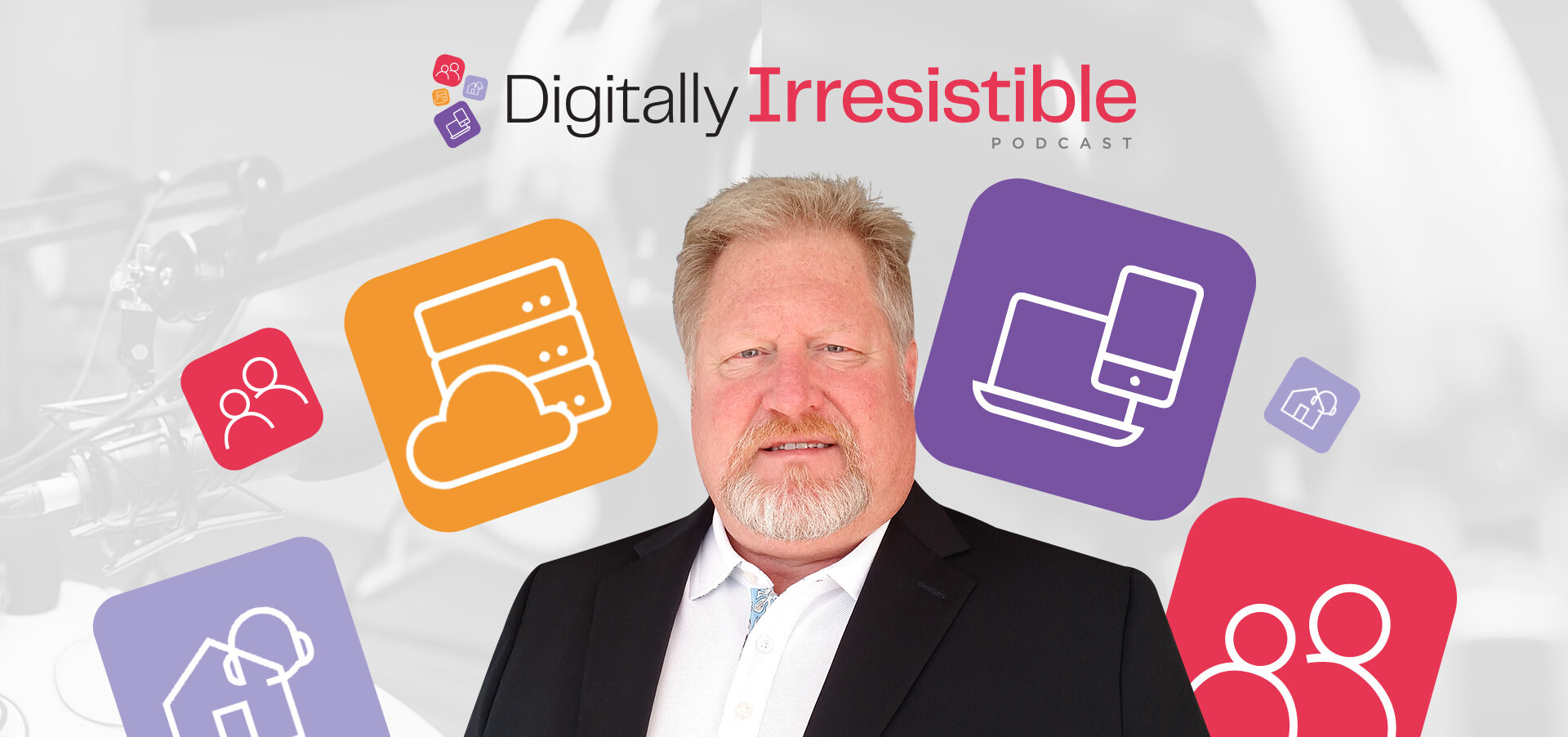Workforce Management Enables Operational and Human Capital Efficiencies
David Wasserman is in Product Marketing and Sales Enablement at NICE, a global provider of next-gen digital customer experience technology enabling companies like iQor to maximize the operational efficiency of front-line employees responsible for customer interaction. This episode discusses three reasons iQor selected NICE as our technology partner in workforce management (WFM) solutions.
David is in the portfolio marketing group, responsible for brand storytelling, helping customers achieve better engagement with NICE solutions. He also helps sales teams articulate the brand story clearly, allowing customers to understand how NICE solves their business problems.
iQor’s WFM Evolution
iQor manages millions of interactions between agents and customers in many different circumstances around the globe. We previously managed a significant percentage of our customer care teams on a workforce management solution across our 50+* contact centers. Still, some employees could not easily be scheduled because of system limitations and scaling issues. Meanwhile, iQor was adding thousands of employees per year, increasing pressure on our WFM capabilities.
When the pandemic disruption occurred, more than 18,000 thousand iQor employees suddenly became work-at-home employees, putting more pressure on our WFM capabilities.
iQor searched for a WFM solution to address the pain points of size and scale while also providing mobile access and improved reporting for supervisors and managers.
We needed a workforce management system that could 1) allow for maximum operational efficiency, ensuring the right amount of people are staffed at the right times to deliver excellent customer experiences, and 2) ensure that agents are engaged, allowing for a smooth work-life balance.
The WFM system must also understand customer experience outcomes and forecasting outcomes, allowing iQor to manage our business efficiently and meet the KPIs we need to meet for our clients.
We determined three primary criteria for our WFM partner selection:
A Centralized & Unified WFM Solution
When iQor moved thousands of employees to a work-at-home model, the traditional peer-to-peer interaction was shifted from in-person to virtual. We needed to extend the as-usual capabilities for agents to be happy.
One essential element of contact center agents’ morale is the ability to manage their schedules. When agents want more time scheduled or time off for vacation, the NICE WFM mobile app provides agents 24/7 access. The system decides the best time for agents to work and take time off, and it does so in an employee-friendly way.
WFM Should Provide a Platform for RPA
We needed robotic process automation (RPA) to eliminate mundane tasks to allow employees to focus on value-added tasks. The pandemic accelerated the need for agents to handle customer interactions in higher quantities and often under emotional circumstances. Enabling agents to eliminate “cut and paste” activities is key to empowering agents to manage meaningful customer engagements at a higher level of helpfulness for more timely results. ‘Workforce Management-as-a-Service’ (WFMaaS) powered by NICE enables iQor to leverage the NEVA Robotic Automation Platform to identify manual data tasks that can be automated to improve employee and customer satisfaction.
RPA drives improved efficiency of contact agents’ time while relieving stress. The job becomes more of a knowledge job, and it is more fulfilling to the agent. Workforce management and RPA have enabled both customers and agents to have a more satisfying experience.
Enable iQor to Deliver WFM as-a-Service
iQor delivers a service that is in demand known as Workforce Management as a Service. Partnering with NICE enables us to leverage their platform by adding our in-house expertise in customer care delivery for clients who don’t want to manage their own contact center operations. This allows iQor to enter into new client relationships through WFMaaS and expand existing client relationships.
iQor Wins Judges Choice Award from NICE
Each year NICE puts on the Interactions Live (virtual) event inviting its 25,000 customers around the globe. In May 2021, NICE recognized winning organizations for driving innovative customer interactions resulting in next-gen, digital customer experiences. iQor received a Judges Choice Award for successfully deploying NICE’s enterprise-wide solution across 200+ clients, 21,000 employees, 50 global contact centers, and a sizable and growing work-at-home platform during the pandemic.
What David Wasserman Does for Fun
David combines fitness and his vegan diet to create a healthy and enjoyable lifestyle which he points out is very gratifying in pandemic times.
Learn more about NICE workforce management solutions.
Learn more about iQor digital customer experience capabilities.
*As of November 2023, iQor has 40+ contact centers located in 10 countries worldwide
